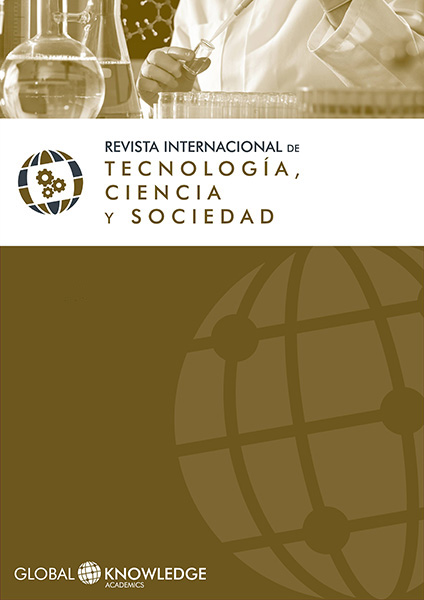A Distance Post-Graduation: Internationalization and Global Networking
DOI:
https://doi.org/10.37467/gka-revtechno.v5.459Keywords:
Internationalization of Education, Distance Learning, Lato Sensu Post-graduation, Technological ExpansionAbstract
Through education it is possible to build a fairer and democratic society, strengthening the overcoming of social inequalities. The higher education institutions can contemporary contribute to the internationalization of education proces-ses, observing the existing demand in other countries. The aim of this paper is to present the possibilities of a private insti-tution of higher education located in Maringa - Parana - Brazil, by offering graduate courses in the distance geographically dispersed students around the world who speak the Portuguese language. The presented model enable students to attend classes, participate in activities that take place throughout the course and come to Brazil only once, at the end of the whole process, to realize tests and present an article. From the perspective of the strategies aiming internationalization, the techno-logical expansion is considered one of the most important tools to allow the globalization of education. The use of the Inter-net in distance learning, allows the development of learning communities in higher education, that is, the formation of networks. The theoretical foundation of this study is based on Green (2008), Levy (1996, 1999), Castells (2007), Sen (2000).
References
BRASIL. Lei de Diretrizes e Bases da Educação: Lei nº 9.394/96 - Decreto 5.622. 2005.
CHAUÍ, Marilena. Escritos sobre a universidade. São Paulo: UNESP, 2001.
GREEN, Duncan. Da pobreza ao poder: como cidadãos ativos e estados efetivos podem mudar o mundo. São Paulo: Cortez, 2009.
KEEGAN, Warre; GREEN, Mark. Princípios de marketing global. São Paulo: Saraiva, 1999.
REPÚBLICA DE ANGOLA - Ministério do ensino superior. 2ª Conferência do FORGES – Fórum da Gestão do Ensino Superior nos Países e Regiões de Língua Portuguesa. Macau: 2012. Disponível em http://aforges.org/conferencia2/docs_documentos/Paineis_Principais/Buza_Alfredo%20(MES%20Angola).pdf Acesso em 15 abr. 2014.
RODRIGUES, M. A. F.; CASSY, B. A Gestão Académica como determinante da Qualidade de Ensino. Disponível em: http://www.forumgestaoensinosuperior2011.ul.pt/docs_documentos/15/paineis/09/mafr_bc.pdf Acesso em 15 abr. 2014.
UNICESUMAR EAD. Manual do aluno. Maringá: Unicesumar, 2013.
UNICESUMAR EAD. Projeto Político Pedagógico dos Cursos de Pós-Graduação. Maringá: Unicesumar, 2013.
Downloads
Published
How to Cite
Issue
Section
License
Those authors who publish in this journal accept the following terms:
- Authors will keep the moral right of the work and they will transfer the commercial rights.
- After 1 year from publication, the work shall thereafter be open access online on our website, but will retain copyright.
- In the event that the authors wish to assign an Creative Commons (CC) license, they may request it by writing to publishing@eagora.org







